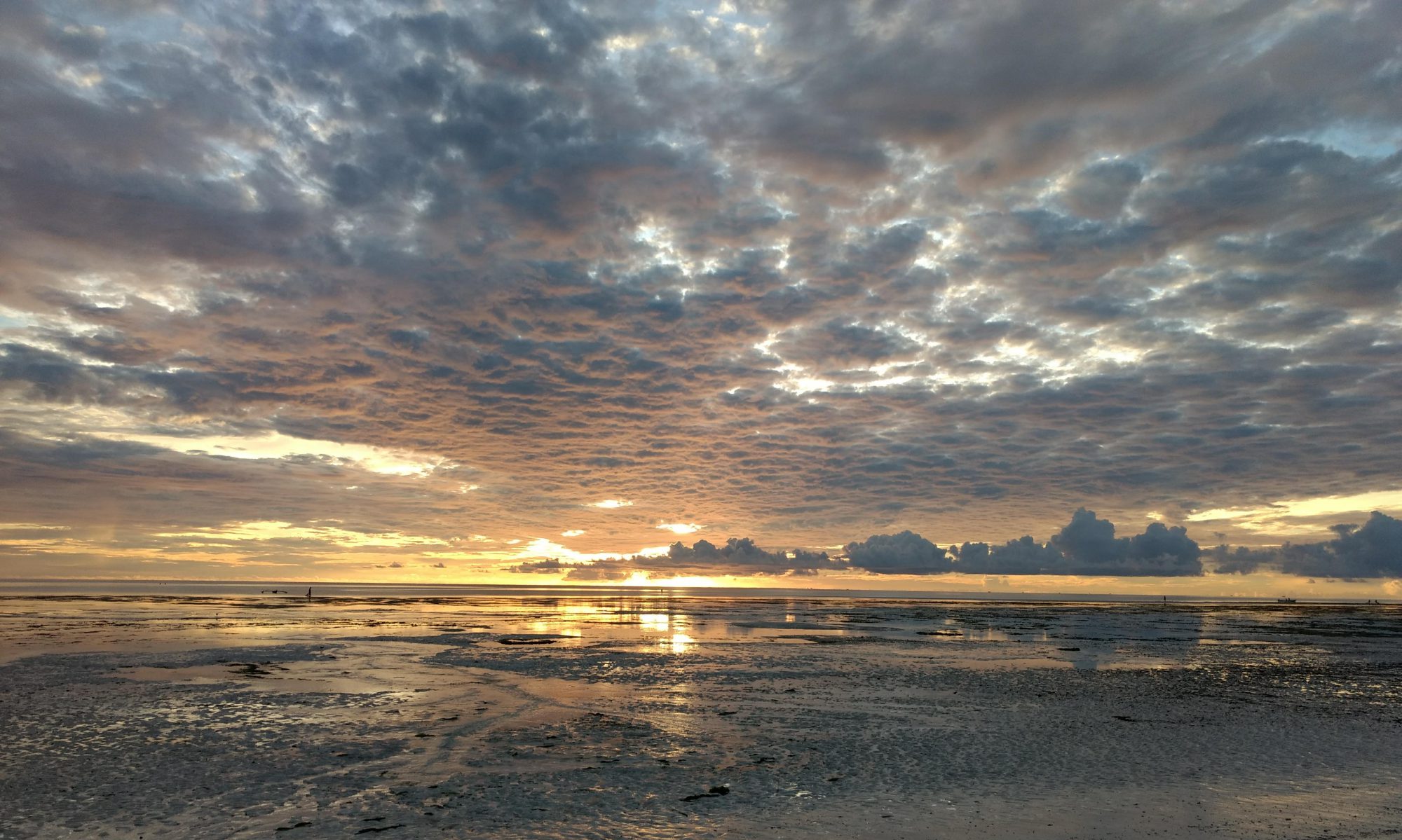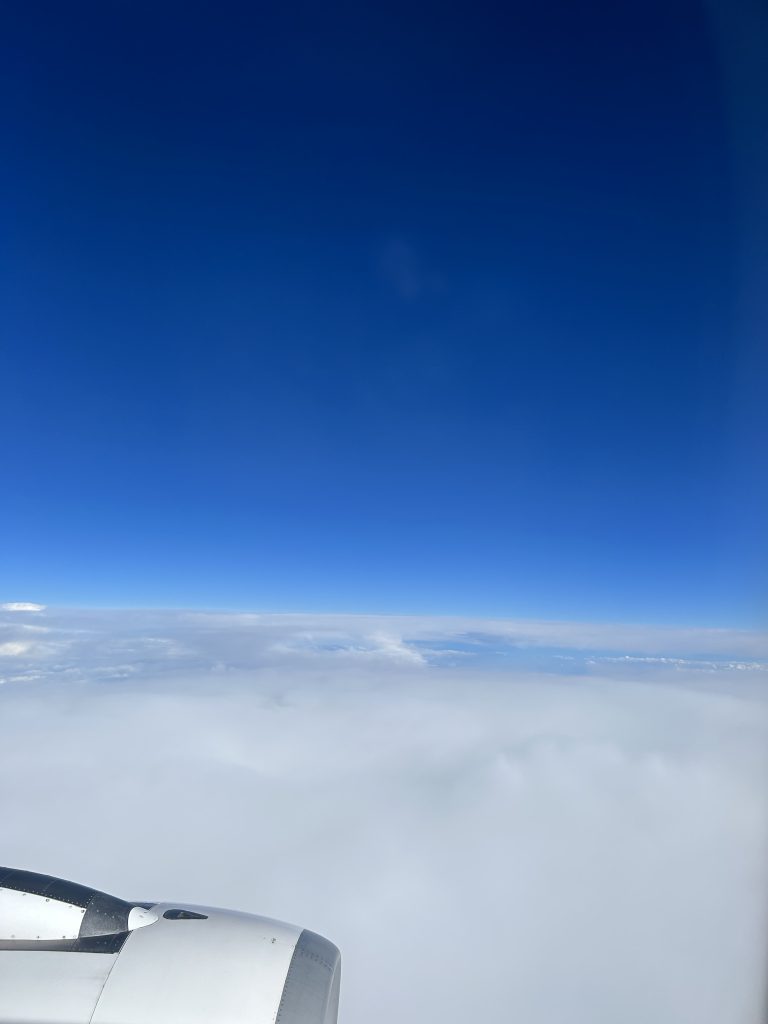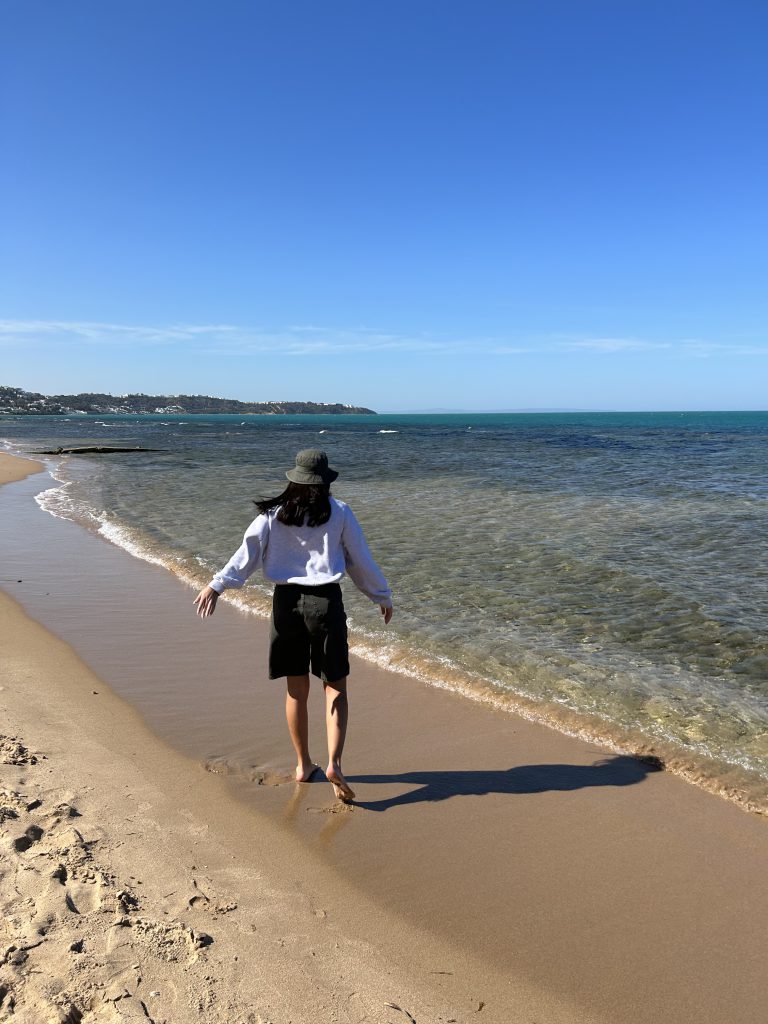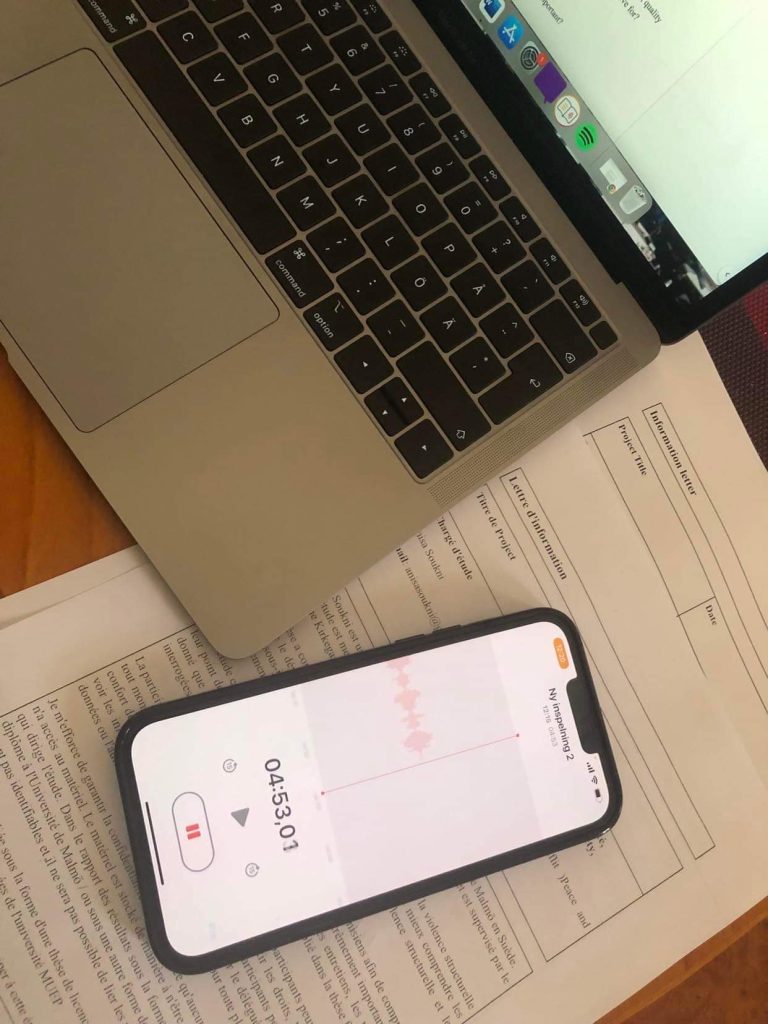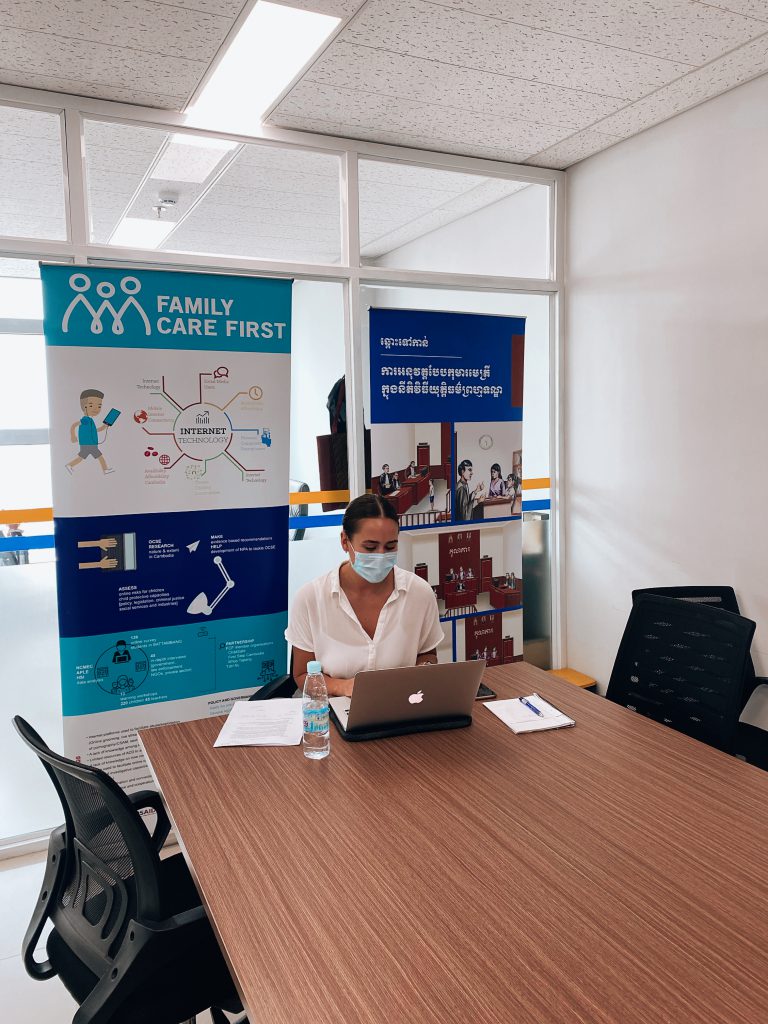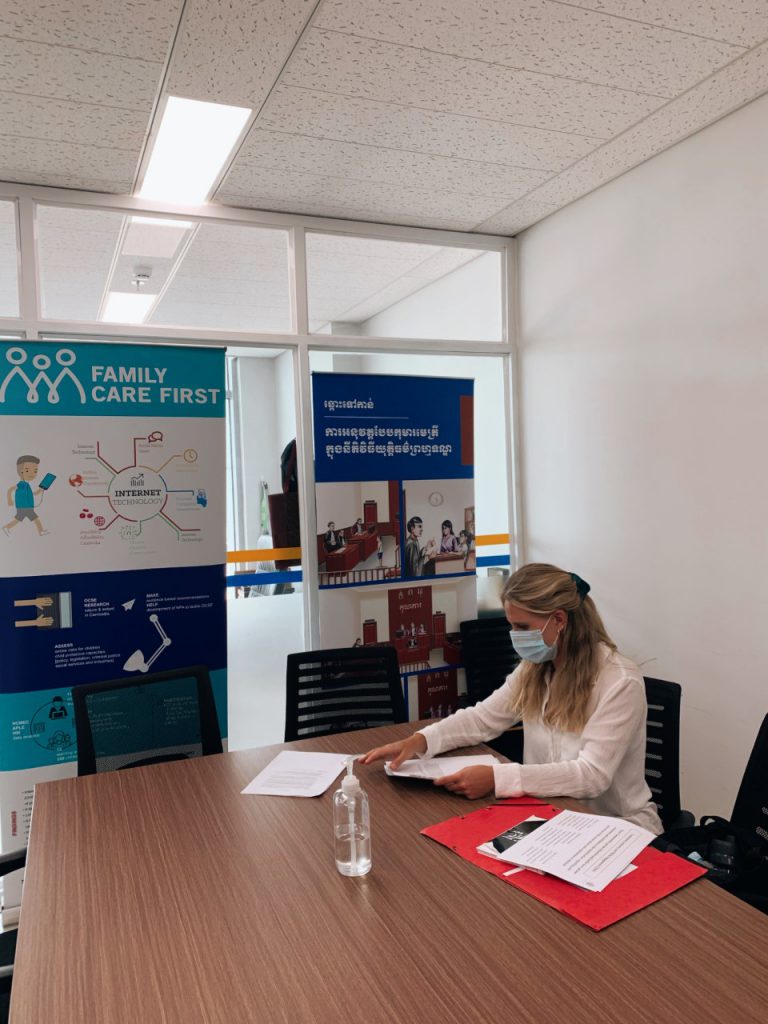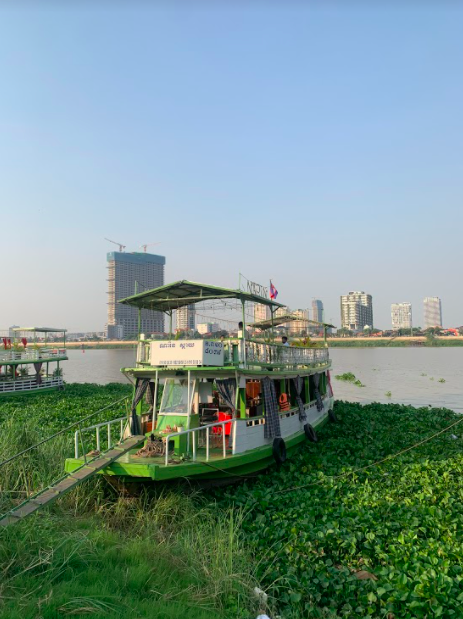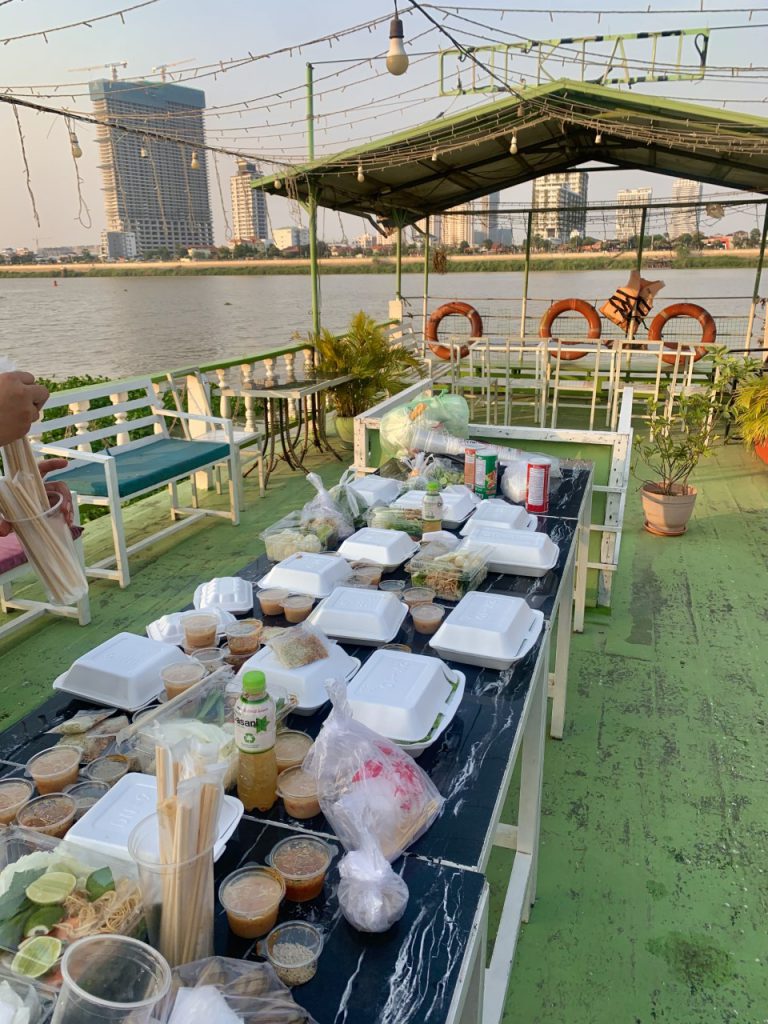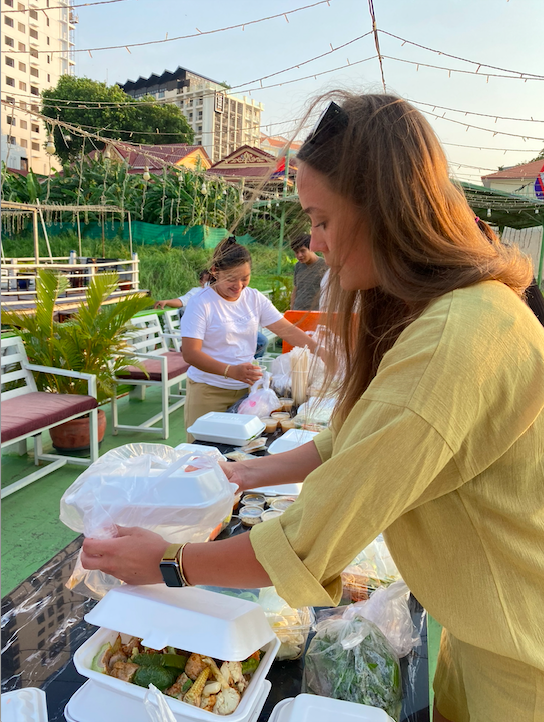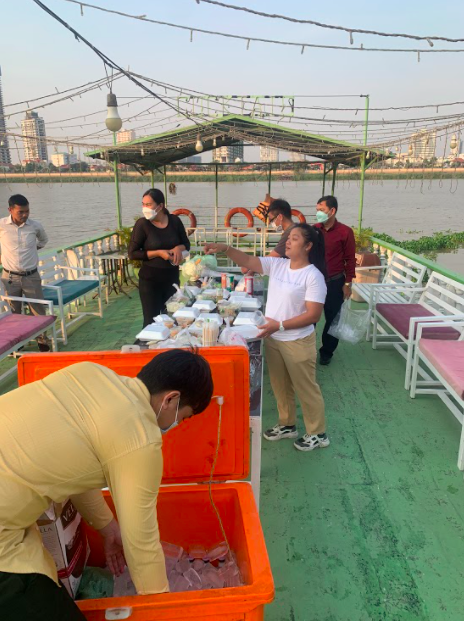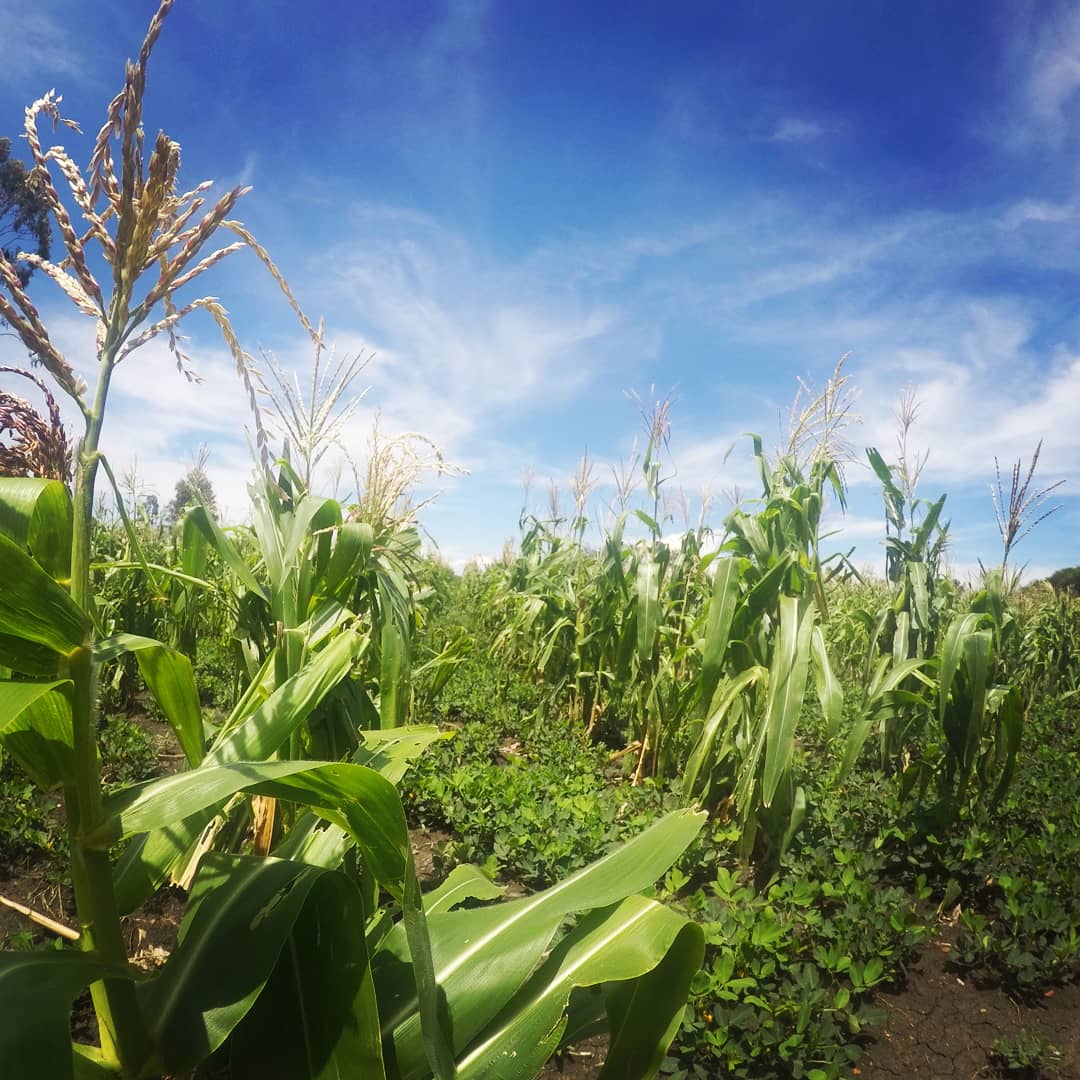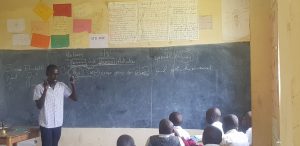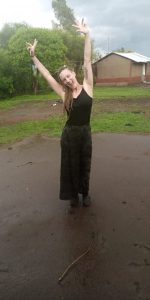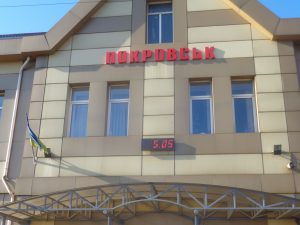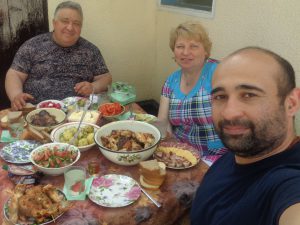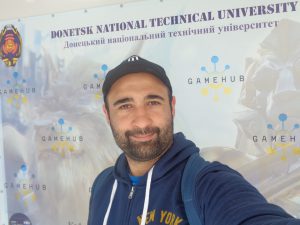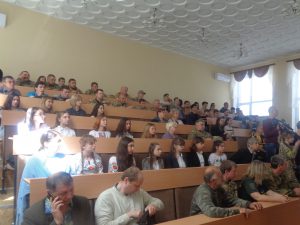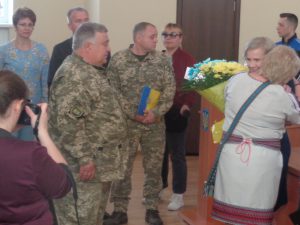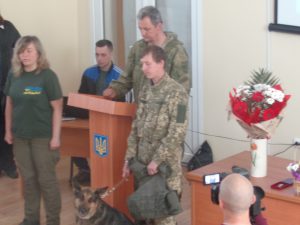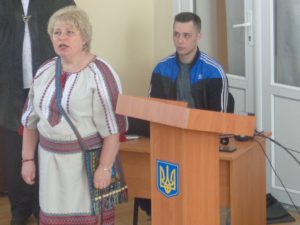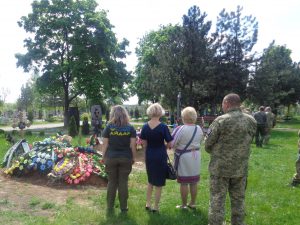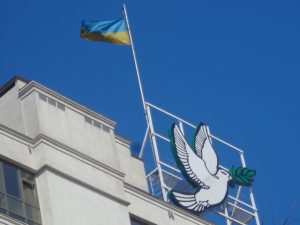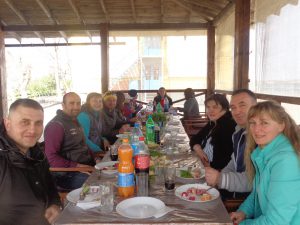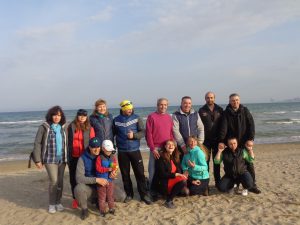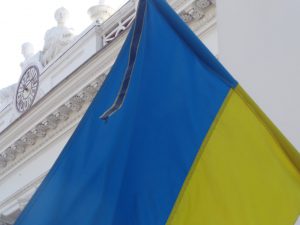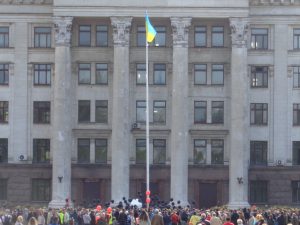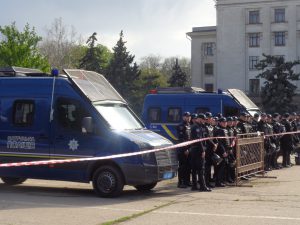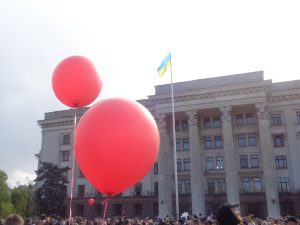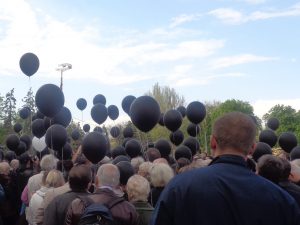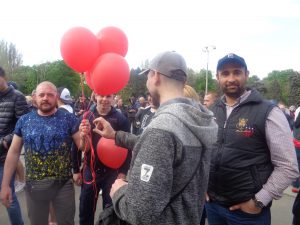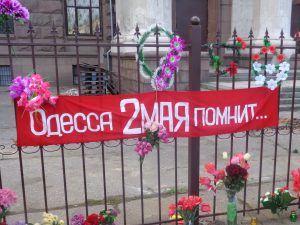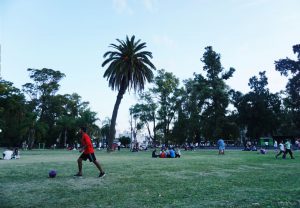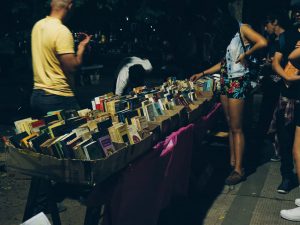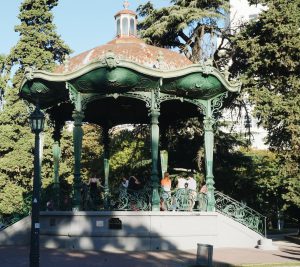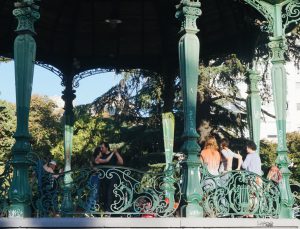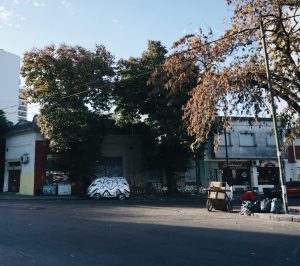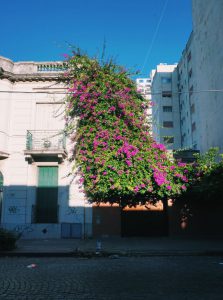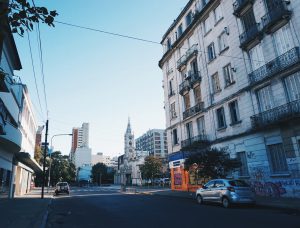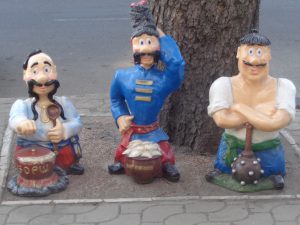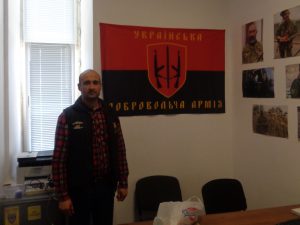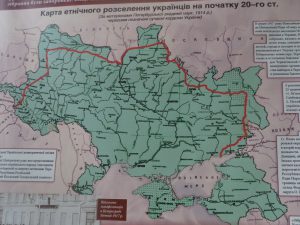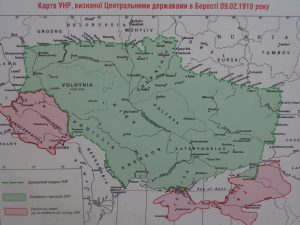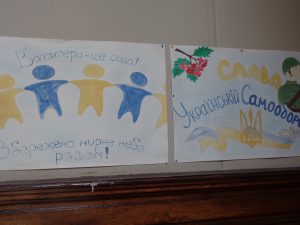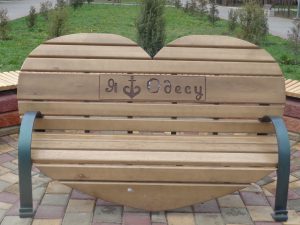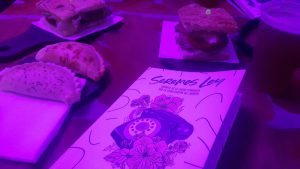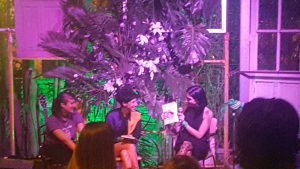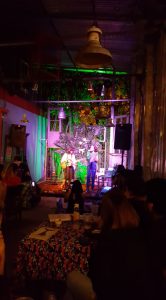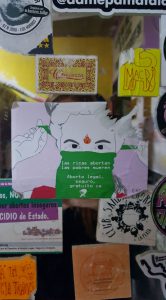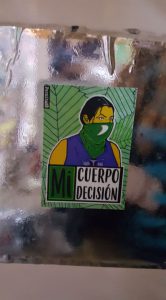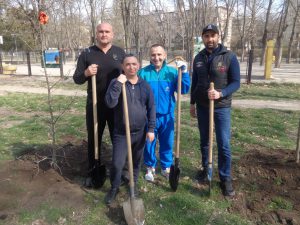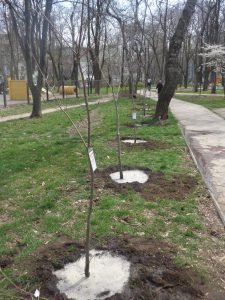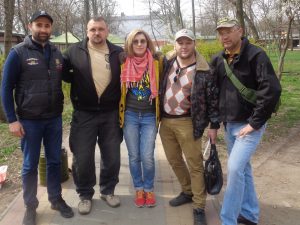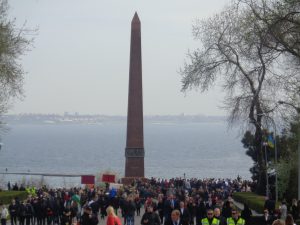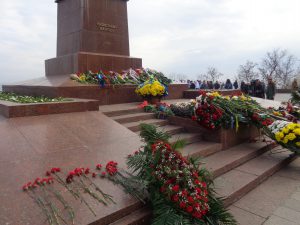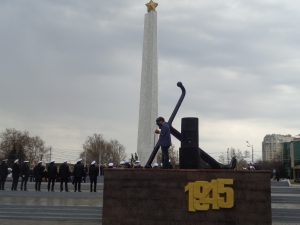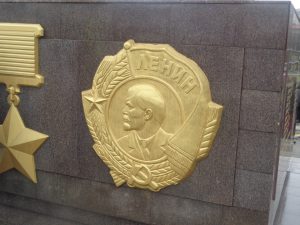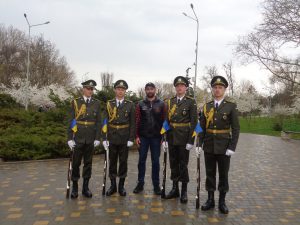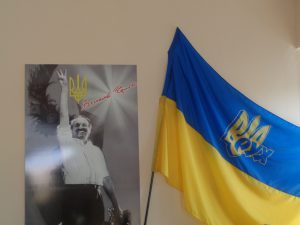A lot of focus has been put on collecting material for my thesis these past few weeks. I have spoken to an immense amount of people and officially interviewed 11 people who fit the restrictions of my study. I have been positively surprised by the information that has been shared with me. Although many people are tired and sad about the situation they are in politically, economically and socially, many are still hopeful. Many people still believe in Tunisia and in change. They are not completely oblivious and know that it will take time for the change to come but they welcome it and believe it to be possible.
As for the Eid celebrations, I have never witnessed anything like it. Everyone was going from house to house to visit relatives and celebrate together. The area I am in was full with people celebrating, which I was informed always happens. I also got to see Fathia, she is a camel and her job has been to bring water from the well for the people in the city for about 25 years. Today she is retired and still seen as an important part of La Marsa and can be found in Saf Saf during the day and out by the beach in the morning hours.
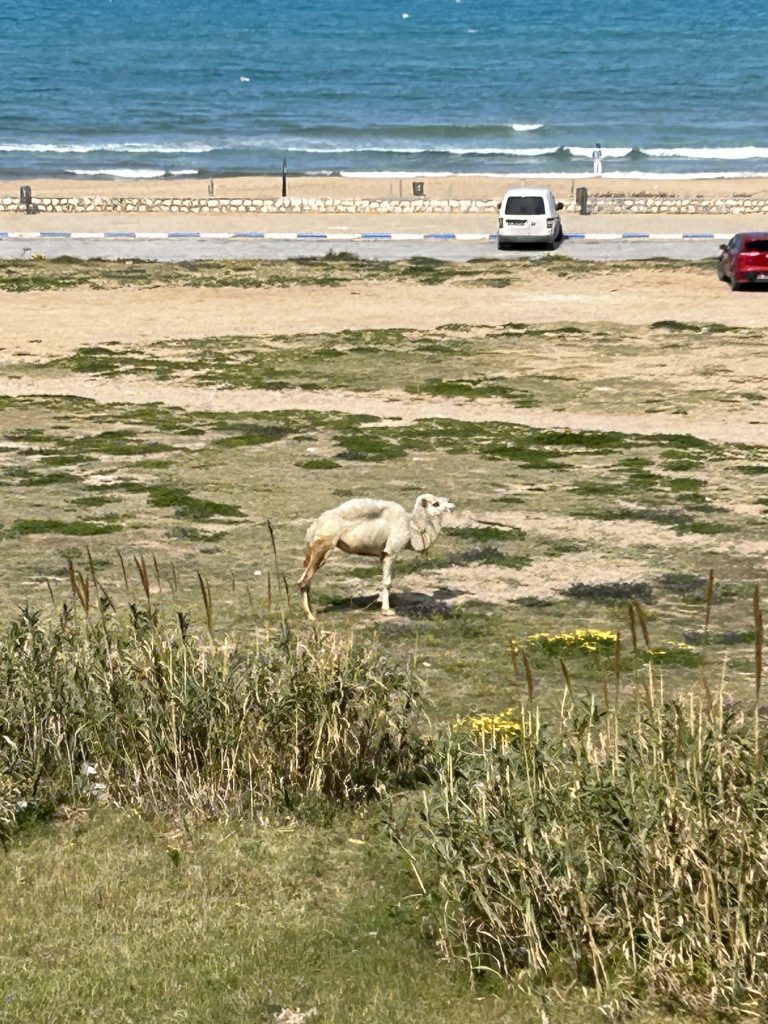
I also went on a walk through Carthage this week and it was incredible. Walking through the city and seeing ruins that have been incorporated through the city. I went to the cathedral, the Cathédrale Saint-Louis de Carthage which is today known as the Acropolium. It is no longer used as a place of worship, but for events. It was built between 1884 and 1890 under the French protectorate and Hussein II Bey.
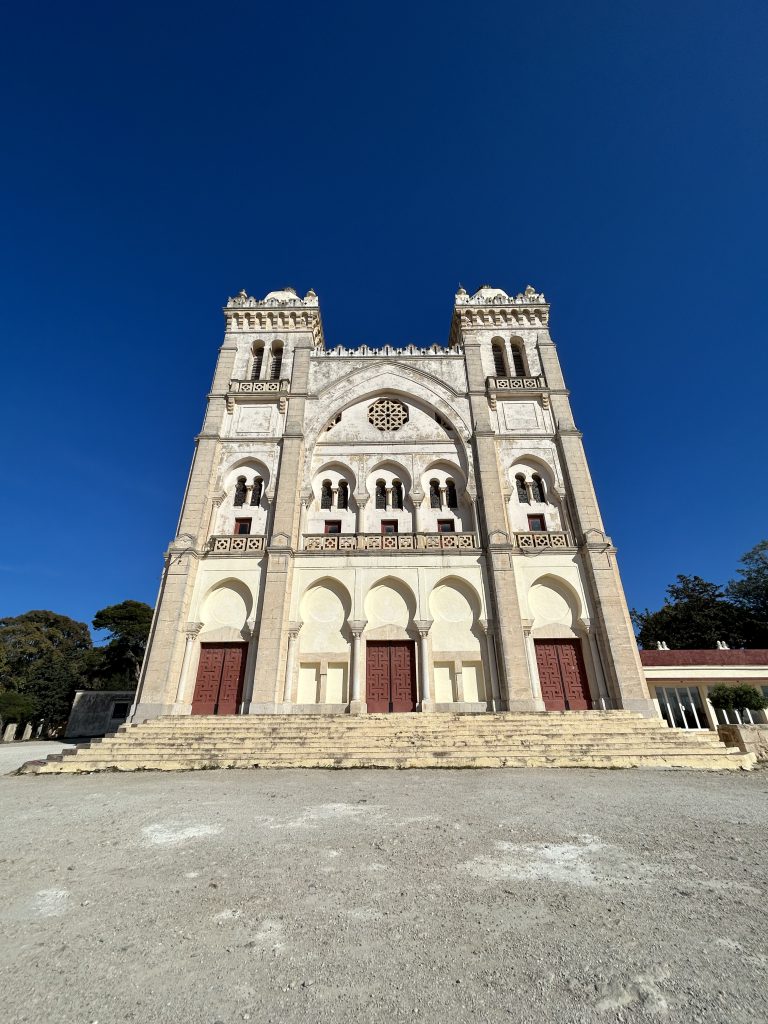
On my way back I stumbled upon the North Africa American Cemetery and Memorial. The cemetery contains approximately 3000 soldiers from World War II. It was so serene and calm there but I still had a feeling of unease being so close to those who fought in the second World War. It was a truly amazing experience.
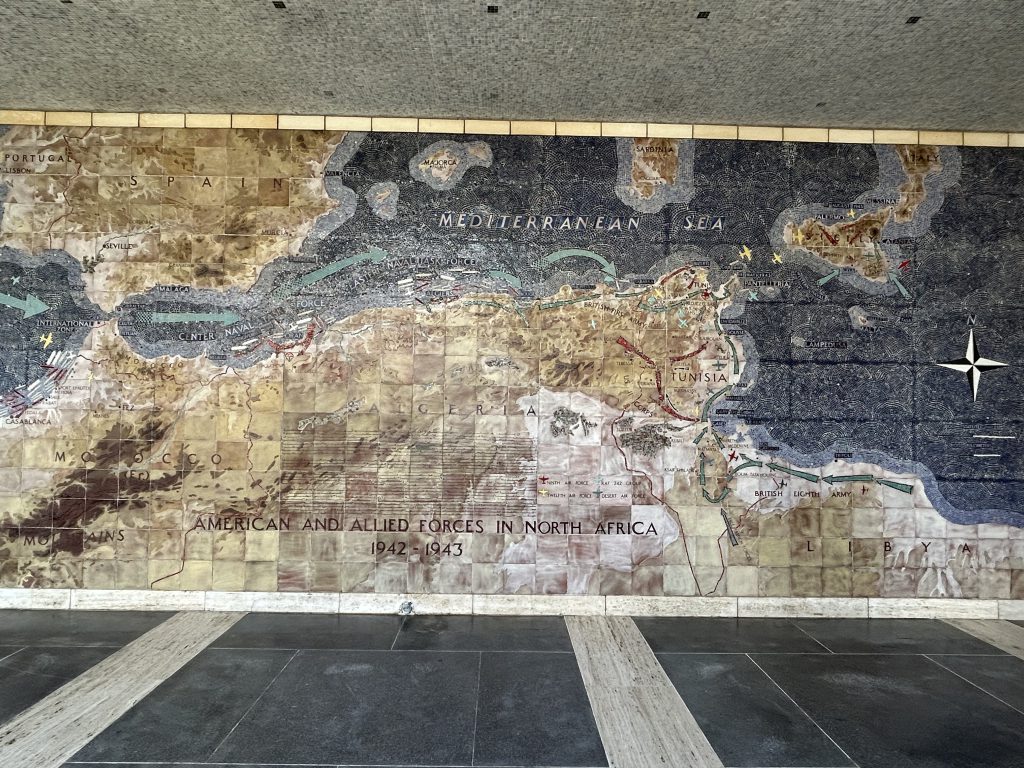
All monuments in Carthage have free entrance on the first Sunday of every month which means I’ll see you next week with more pictures and information about Carthage.
